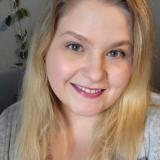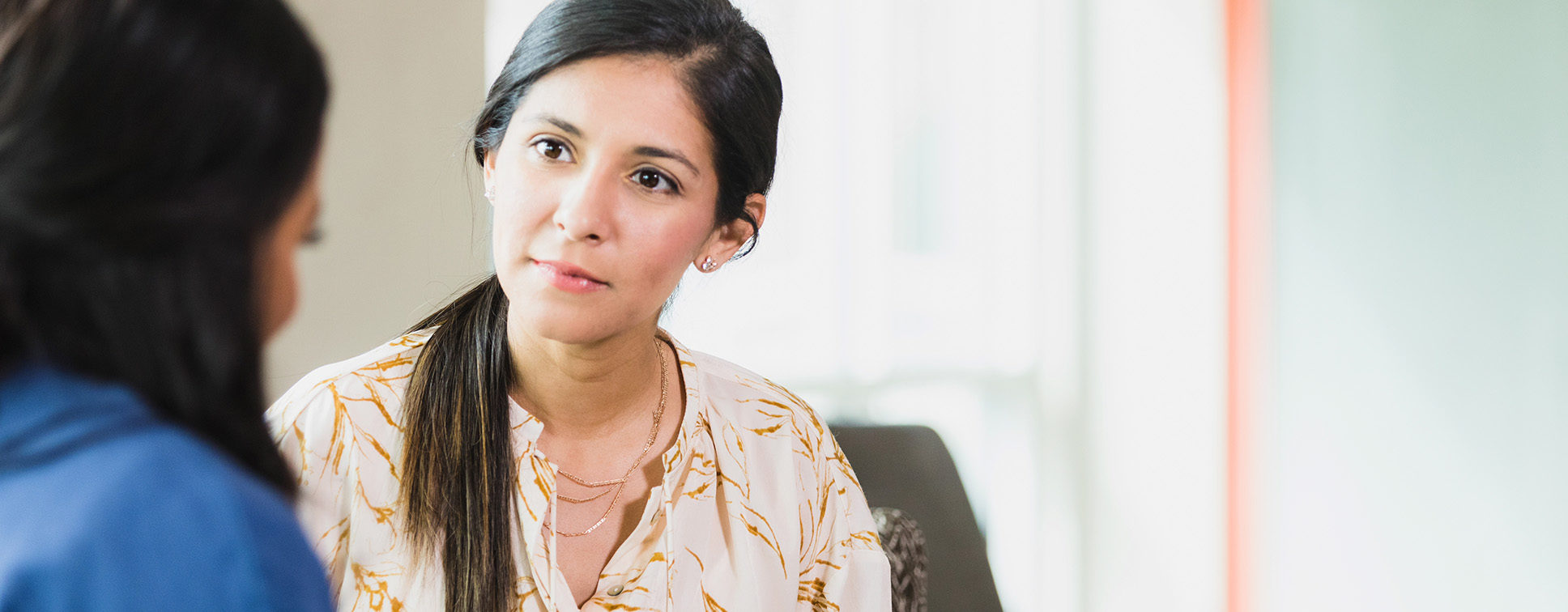Our Story
We had a vision of creating a cost-effective AI-powered assessment platform that any behavioral health or human services practitioner could easily use to assess every interaction and improve the quality of their services. We envisioned a better future than the costly, manual legacy approaches to QA practices — quickly becoming unsustainable given the exploding need for services.
Lyssn was born with guidance from leading experts in behavioral health and funding from the National Institutes of Health. As the only AI-based platform that processes and evaluates clinical conversations, Lyssn uses the same gold-standard tools trusted worldwide by training and quality assurance programs. Lyssn’s AI-based system has been proven to perform these evaluations as well as, or better, than their human counterparts.
Today, Lyssn serves child welfare and human services agencies, CCBHCs, crisis response/988 systems, and a wide range of behavioral health, wellness, and educational programs. Lyssn helps clinicians hone their skills, and better support their staff and improve overall patient satisfaction for better outcomes.
Lyssn continues to evolve with our commitment to investment in ongoing research, creation of new tools and functionality, and new studies and findings.
Our Team
Lyssn brings together behavioral health and child welfare experts in AI, talented web developers, graphic designers, and more. We are united by our passion to ensure that everyone gets quality services in an equitable and affordable system.
Do you see yourself on our team? Check out our open positions.
-

Hannah Alcoba
Qualitative Coder -

Dave Atkins
Chief Executive Officer | Co-founder -

Brittany Bean
Fiscal Administrative Assistant -

Jenny Cheng
VP of Growth -

Melanie-Kukana Cordova
Qualitative Coder -

Torrey Creed
Senior Implementation Advisor -

Alyssa Elliott
Qualitative Coder -

Tanya Eng-Aquino
VP for Finance and Operations -

Sasha Fox
Server-side Developer -

Emily Smith Goering
Senior Implementation Success Manager for Child Welfare -

Elizabeth Hahn
Front End Developer -

Layal Bou Harfouch
Research Project Coordinator -

Zac Imel
Chief Psychotherapy Science Officer | Co-founder -

Laura Karalevičius
Customer Success Lead -

Angela Klipsch
Technical Implementation Manager -

Kendra Pogue
Marketing Communications Manager -

LeeAnne Lim
Qualitative Coder -

Mia López
Vice President of Growth -

John Meade
VP of Engineering -

Shri Narayanan
Co-founder -

Brian Pace
Director of Clinical AI -

Jordan Pruett
Data Scientist | Python Programmer -

Reyna Puentes
Qualitative Coder -

Roisin Slevin
Research Project Manager -

Tina Soma
Post Doctoral Fellow -

Sarah Stanco
Senior Design Engineer -

Mike Tanana
Chief Technology Officer | Co-founder
Advisory Team
-

Jonathan Ciampi
CEO, Bright Heart Health -

Ken Myer
Interim Executive/Leadership Advisor & Lecturer



